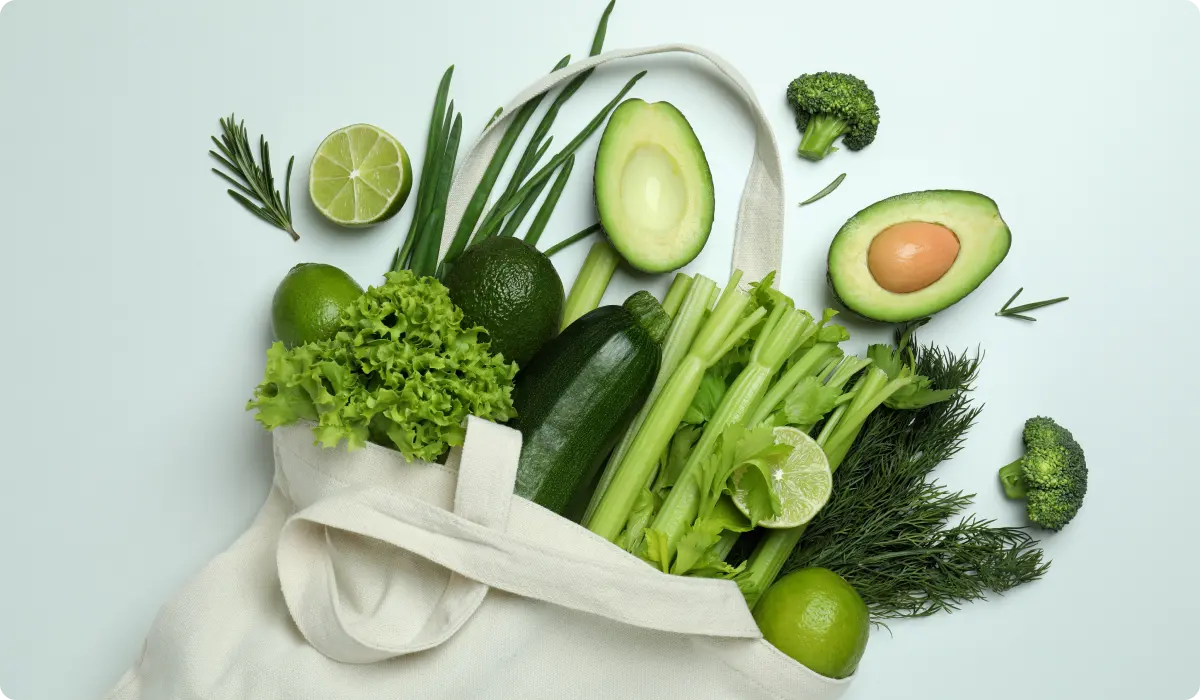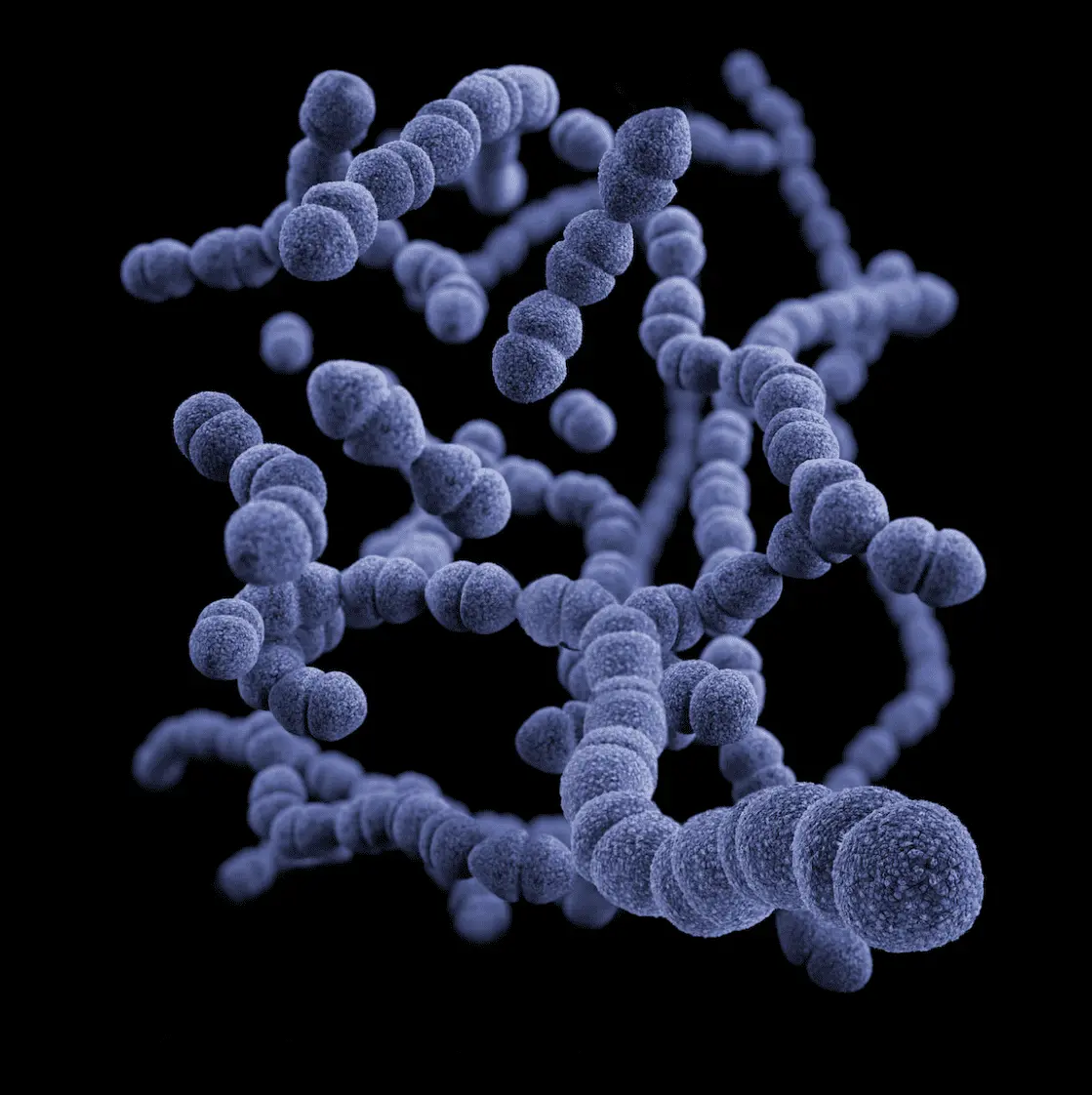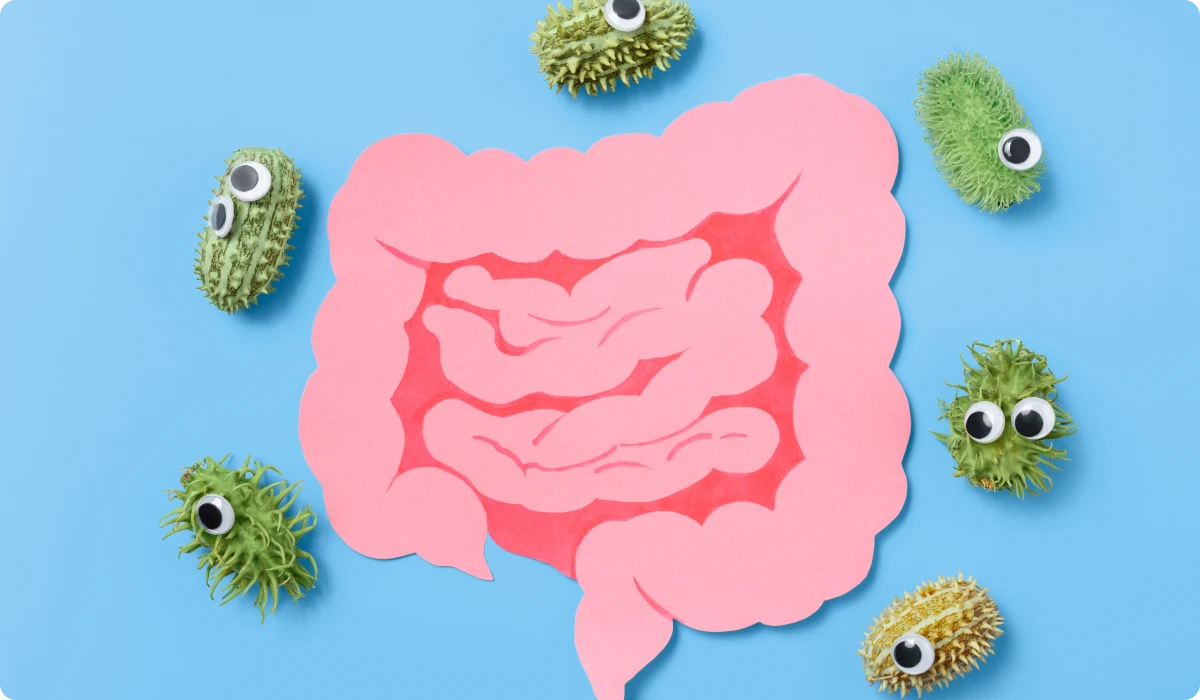
What is inflammation?
Inflammation is a powerful immune response that your body launches after exposure to a foreign object; whether that object is a piece of metal, a bacterium, or a virus, the immune system will attack it by stimulating the inflammatory response. This biochemical reaction is part of the intrinsic immune system, which means it’s not specific for one particular germ, as it attacks anything that the body perceives as a threat. During an inflammatory reaction, those immune cells release proinflammatory substances, such as prostaglandins, leukotrienes, interleukins, and cytokines.
This will lead to the cardinal symptoms of inflammation:
-
- Rubor (redness)
- Tumor (swelling)
- Calor (warmness)
- Dolor (pain)
Now that we’re familiar with the concept of inflammation, let’s take a look at the adverse effects of this reaction and how to reduce it.
Why is inflammation bad?
Acute inflammation that launches after the body is under attack is crucial for our survival; however, once this reaction turns into a chronic condition, things start to get a bit messy! Chronic inflammation is believed to play a role in the vast majority of illnesses, including debilitating diseases, such as coronary artery disease, diabetes, and cancer. For instance, the chronic inflammation and oxidation of cholesterol that occurs inside the lumen of the coronary artery is the primary factor that triggers the obstruction of the vessel. Moreover, several types of cancers were linked to unusually high levels of cytokines in the bloodstream. In short, chronic inflammation is devastating to the body, and people should implement all the methods to taper it down.
What are anti-inflammatory foods?
According to Harvard Medical School, anti-inflammatory foods carry chemical substances that act as an antagonist to the aforementioned pro-inflammatory compounds. In other words, these foods act as the antidote to inflammation.
Here’s a shortlist:
-
- Tomatoes
- Olive oil
- Green leafy vegetables (e.g. Spinach, kale, collards)
- Nuts (e.g. Almonds, walnuts)
- Fatty fish (e.g. Salmon, mackerel, tuna, sardines)
- Fruits (e.g. Strawberries, blueberries)
These foods are rich in polyunsaturated fatty acids (PUFAs), which reduce the action of prostaglandins in the vessels, decreasing inflammation.
Conclusion
Chronic inflammation is a destructive phenomenon that can damage several organs and cause many maladies. Fortunately, there are some foods with inherited anti-inflammatory properties that may erase the action of prostaglandins and cytokines. If you have any questions about inflammation or anti-inflammatory foods, feel free to ask in the comment section below
Johanna is a certified professional health coach with over a decade of experience in the field. She specialises in helping individuals navigate their health journeys, whether they are dealing with chronic conditions, working towards weight management goals, or seeking to improve their overall wellbeing.
Johanna is also a prolific contributor to our blog, where she shares expert insights, tips, and advice to help you stay healthy. She is passionate about ensuring our readers have access to the latest research and information. For personalised health advice, consider scheduling a consultation with us.








